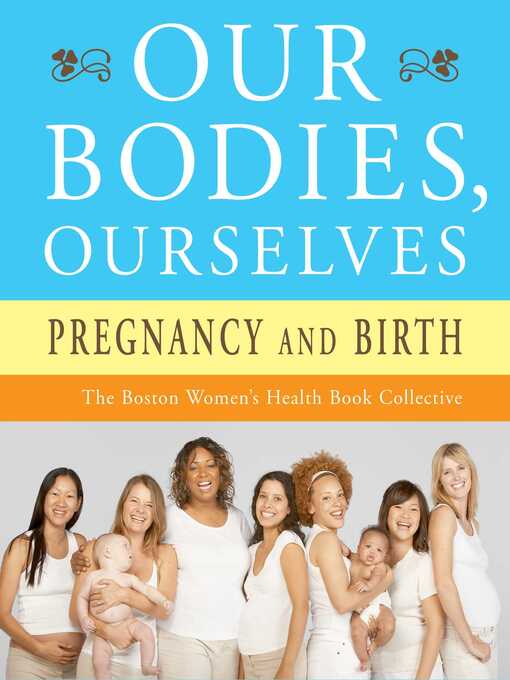Pregnancy and birth are as ordinary and extraordinary as breathing, thinking, or loving. But as soon as you announce you're expecting, you may be bombarded with advice from every angle—well-meaning friends, relatives, medical professionals, even strangers want to weigh in on what you should or shouldn't do, and it's easy to feel overwhelmed by their conflicting recommendations.
Our Bodies, Ourselves: Pregnancy and Birth will help you sort fact from fiction, giving you the most accurate research, up-to-date information, and the firsthand experiences of numerous women who have been exactly where you are today. You'll get the tools you need to take care of yourself and your baby during and after your pregnancy, from tips on eating well during pregnancy to strategies for coping with stress and depression. Learn everything you need to know about:
Our Bodies, Ourselves: Pregnancy and Birth is an essential resource for women that will guide you through the many decisions ahead.


